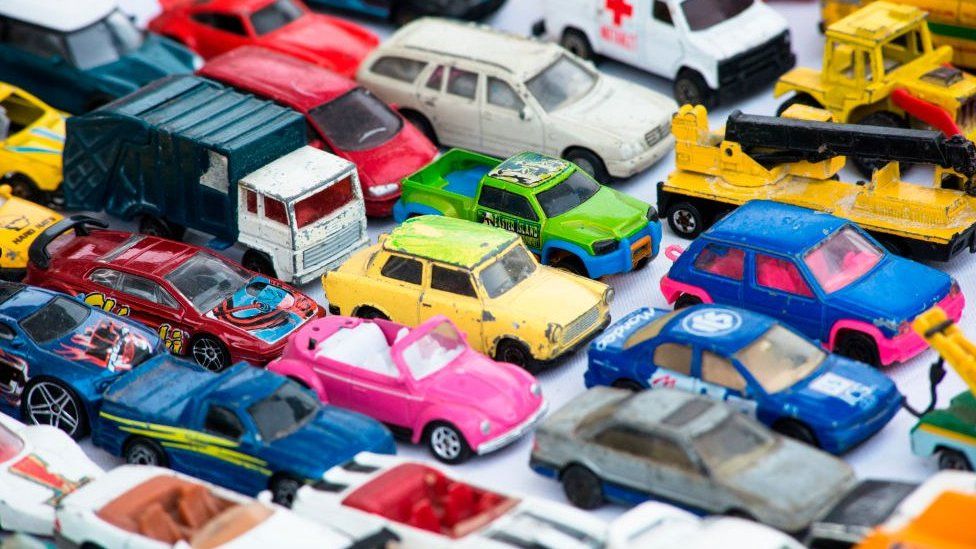
The new collaborative initiative, called HGVZero, is being overseen by Innovation Gateway. It will follow a similar model to Innovation Gateway’s EVZero scheme which was launched earlier this year in response to the need to scale electric vehicle (EV) charging infrastructure across the UK, but will be pan-European rather than national.
HGVZero’s founding members are supermarket giant Tesco, beverage bottler Coca-Cola European Partners, logistics providers Eddie Stobart and XPO, and parcel delivery service DPD.
Collaboratively, representatives from these businesses will map EV charging infrastructure across geographies where they operate, identifying gaps. They will also map refuelling infrastructure for alternatively-fuelled HGVs.
As a rule of thumb, the heavier the vehicle is, the more challenging it is to electrify. Few businesses have adopted pure electric HGVs to date and, going forward, a mix of technologies will likely be used in the private sector, including hybrid vehicles and those powered using alternative fuels like hydrogen and biomethane. HGVZero members will also be tasked with mapping the innovation landscape for HGVs.
Both mapping activities are set to be completed within six months. The maps will inform a joint action plan, outlining how players across the HGV value chain will tackle shared challenges relating to zero-emission HGV technologies and related infrastructure.
“HGV decarbonisation is a systemic critical challenge that we must address innovatively and as an industry.” Said XPO Logistics’ environmental and sustainability lead for the UK and Ireland, Dr Nicholas Head. “That’s why we are particularly excited to be working with a diverse group of organisations, including our haulage peers and global shippers, to develop joint solutions that will further accelerate the sustainability of HGV transport.”
In the UK, where Innovation Gateway is headquartered, the Government is aiming to end the sale of new petrol and diesel HGVs in phases through to 2040. The Transport Decarbonisation Plan last year proposed a ban on sales for ICE vehicles weighing 3.5-26 tonnes by 2035 and those weighing more than 26 tonnes by 2040.
These commitments intend to support the 2050 net-zero target. Road transport has been the UK’s highest emitting sector since 2016 and HGVs account for 18% of the UK’s transport-related greenhouse gas emissions.
Carlsberg Marston’s Brewing Company
In related news, Carlsberg Marston’s Brewing Company (CMBC) has confirmed that two fully electric HGVs will be added to its delivery fleet by the end of the month. One vehicle will be based out of its Thurrock depot and the other out of Cardiff. Both of these depots have had charging points installed, served using renewable electricity.
The vehicles, E-Tech D Wide models from Renault Trucks, will serve as a proof-of-concept trial for the brewer. They will replace two diesel vehicles in the first instance and, if the trial is successful, CMBC will look to add more of them to its 270-strong HGV fleet.

CMBC estimates that the vehicles will, between them, travel up to 19,000 miles per year with zero tailpipe emissions. Aside from contributing to its broader 1.5C-aligned climate efforts, the brewer sees benefits from the vehicles in terms of avoiding London Ultra-Low Emission Zone charges, reducing noise and reducing air pollution.
CBMC’s vice president for customer supply chain Sarah Perry said: “With the trucks capable of travelling up to 150 kilometres on a single charge, the urbanised areas of Cardiff and Essex are the ideal routes to test the potential of electric vehicles in our logistics network. This launch is potentially transformational to us as a brewer and logistics operator, but also in terms of helping pubs to build back greener after the pandemic.”
Source Edie


